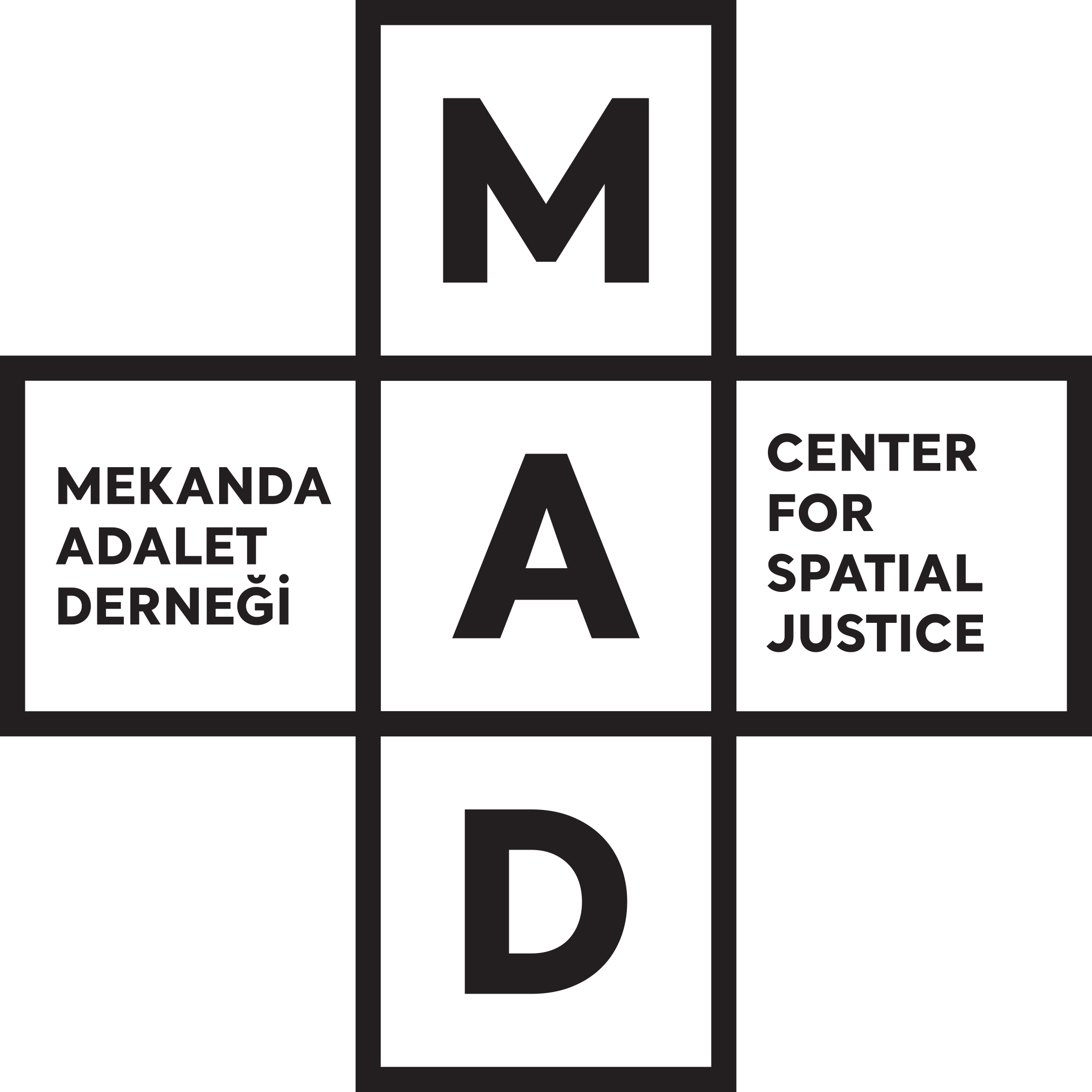IBON International travaille avec des mouvements sociaux et des OSC dans le monde entier, en particulier dans le Sud global, pour construire des consensus sur de multiples enjeux de développement et les porter dans les espaces mondiaux afin d’influencer les politiques, remettre en question les cadres de développement hégémoniques et promouvoir la solidarité dans les luttes des peuples.
IBON a été à l’avant-garde des luttes contre le système économique et financier mondial dominant, en affrontant l’Organisation mondiale du commerce et les accords de libre-échange et d’investissement qui sapent le droit au développement et à la souveraineté des pays pauvres et sous-développés, exploitent les ressources du Sud global et portent atteinte aux droits humains et à l’environnement.
L’organisation a également résisté aux banques multilatérales de développement, en particulier au FMI-Banque mondiale et à la Banque asiatique de développement, en organisant des campagnes de sensibilisation, des débats politiques et des mobilisations pour dénoncer et contester le rôle de ces institutions dans la subordination néocoloniale du Sud au Nord à travers les programmes d’ajustement structurel, les politiques d’austérité et les conditionnalités politiques.
À travers son travail sur la Justice Climatique, IBON a mis en avant le droit des communautés de base à participer de manière significative à l’élaboration des politiques, en promouvant des solutions menées par les communautés.


